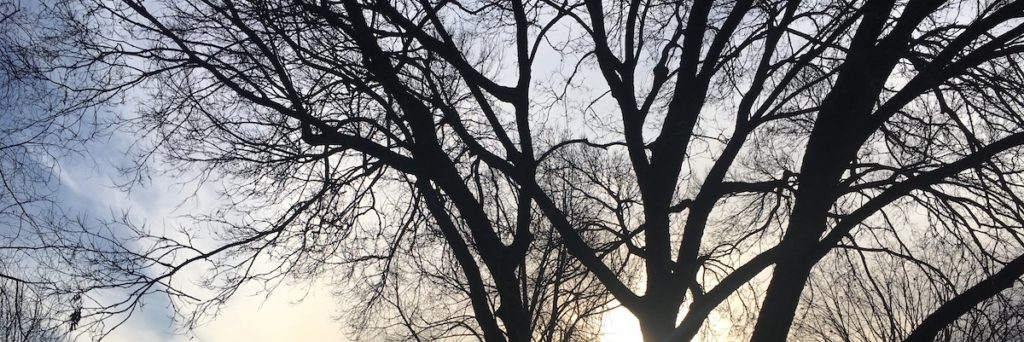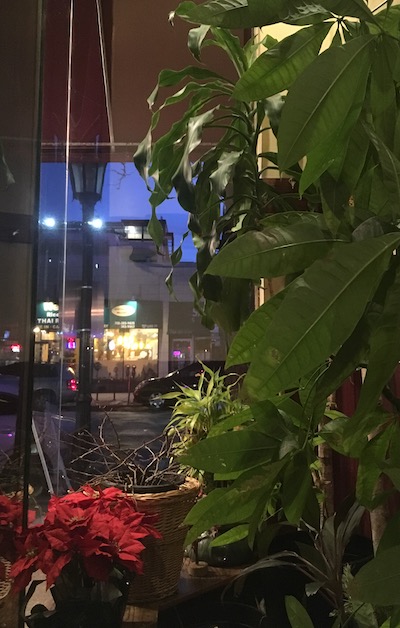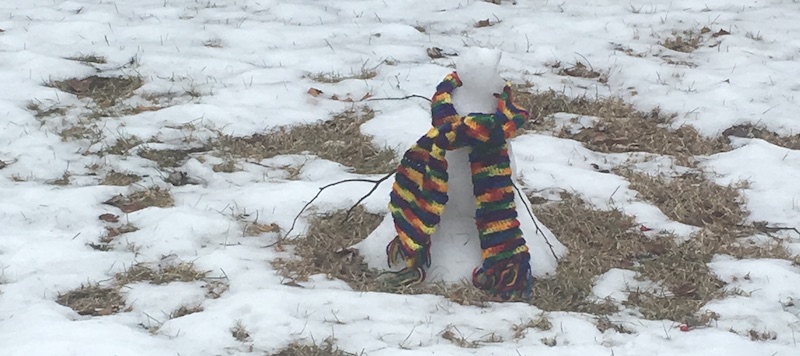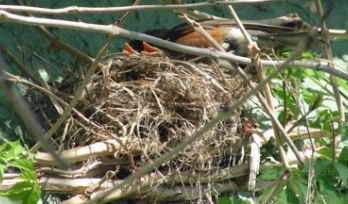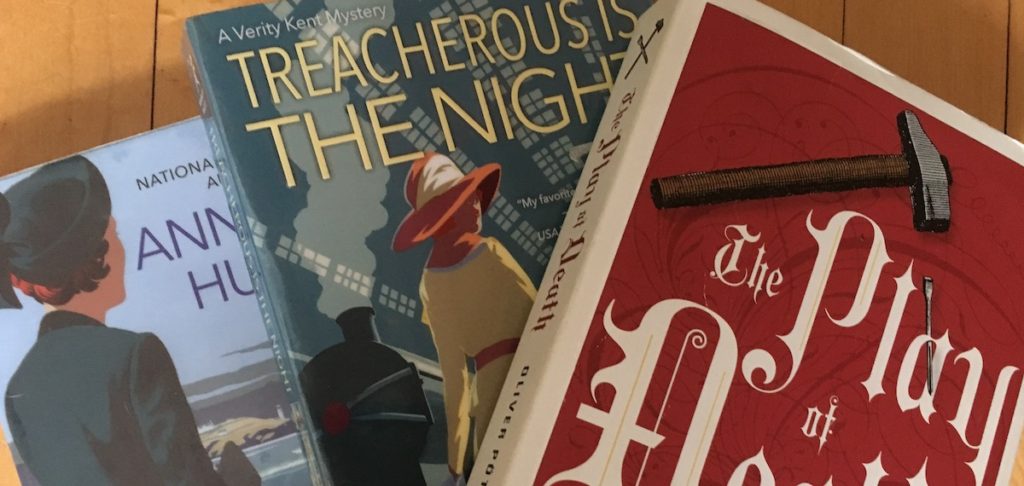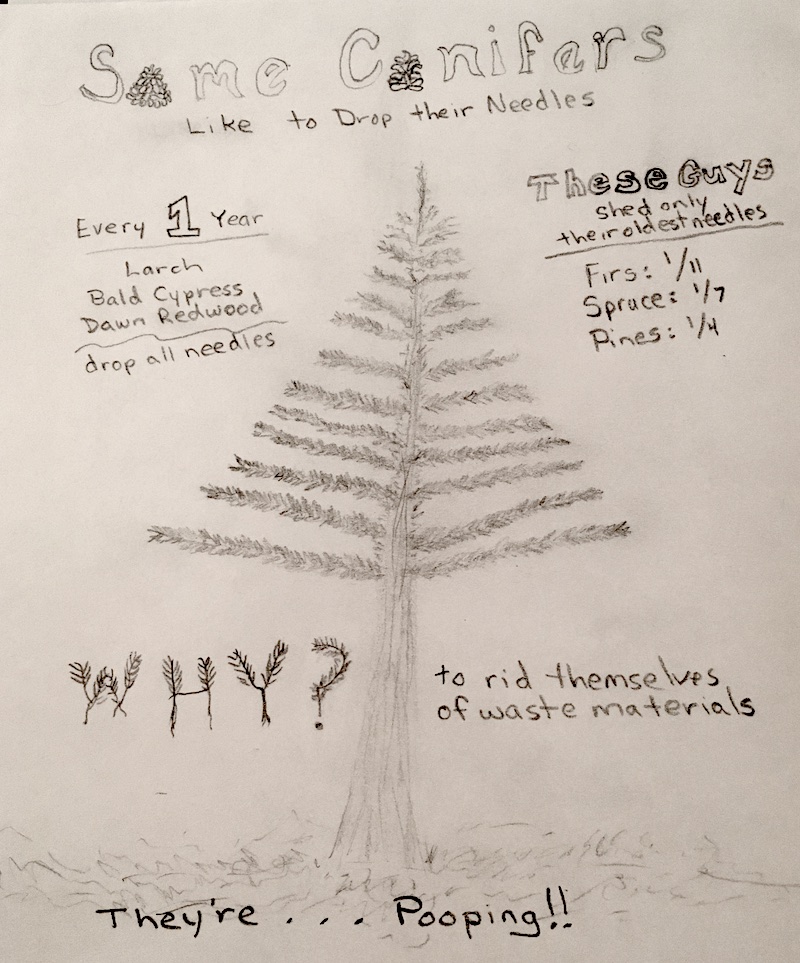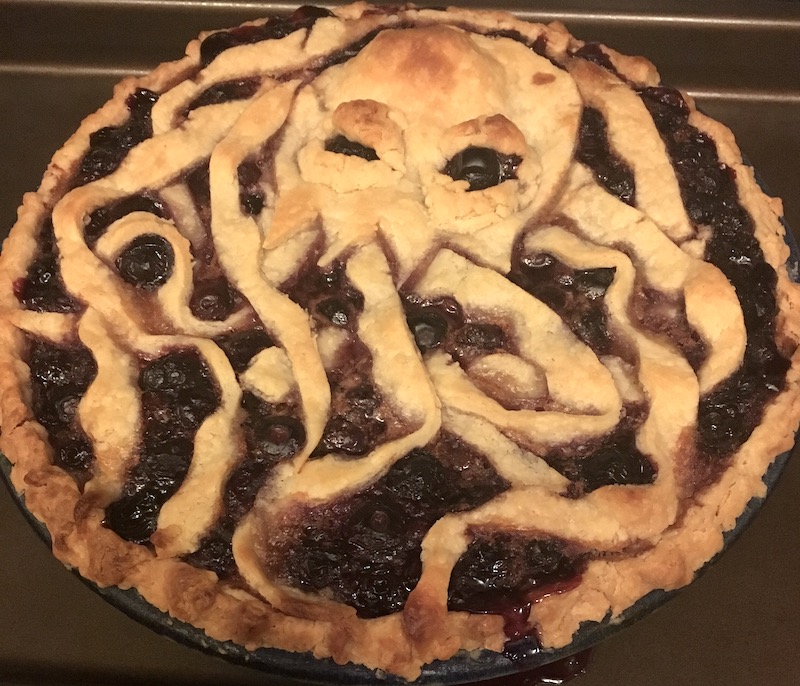
It’s Oscars Sunday, which doesn’t usually mean a whole lot to me. I’m not a person who goes out to watch every nominated movie (though I wonder if you folks who are have noticed that the Academy nominates a crap-ton more movies than it used to, and do you really not think that’s just to get your butt in the seat more often?). I do love the gala spectacle and the fashion, though, so I sit at the TV looking for best and worst dresses and suits.
This year, my husband and I did catch the program of Oscar-nominated animated shorts in our local movie theater, though. I have to say it was pretty disappointing.
The husband has written all about it in his column on Escape into Life, but here’s what I have to say. There were about eight or nine shorts in the program, and we were halfway through before I finally saw one that I could be happy to see win the Oscar. Then I realized it was a Pixar entry, and my happiness waned because, honestly, it’s just another sunny Sunday from Pixar (not that I couldn’t use a little more sun). Fabulous animation, adorable characters, quirky, funny—which for Pixar is just a commercially successful formula. I wish someone else had done it.
But yes, it could win an Oscar because it’s that good.
Then we sat through a couple more “meh” items and one utterly horrendous thing that required a narrator to tell you what was going on. That was followed by a beauty from Ireland, and then we were watching a French entrant, Hors piste, (the third French one on the program, if I recall correctly)—and suddenly half the theatre was laughing aloud, including us.
Winner, winner, chicken dinner!
I kid you not: this was the only piece on the program that drew a response from anyone in the theatre, and half the crowd was guffawing. And then we got home and discovered, as the husband began to write his column, that … wait for it … this short is not even on the list of Oscar nominees. WTAF?
So we will watch the envelope get opened tonight while we are rooting for a film that isn’t even nominated.
I just hope whoever’s reading the winner’s name will be wearing either a fabulous or utterly horrid outfit.

